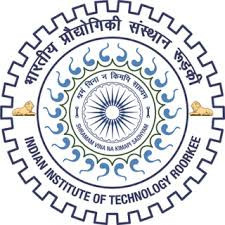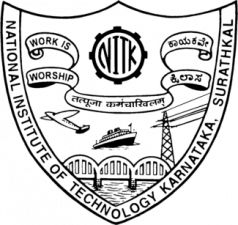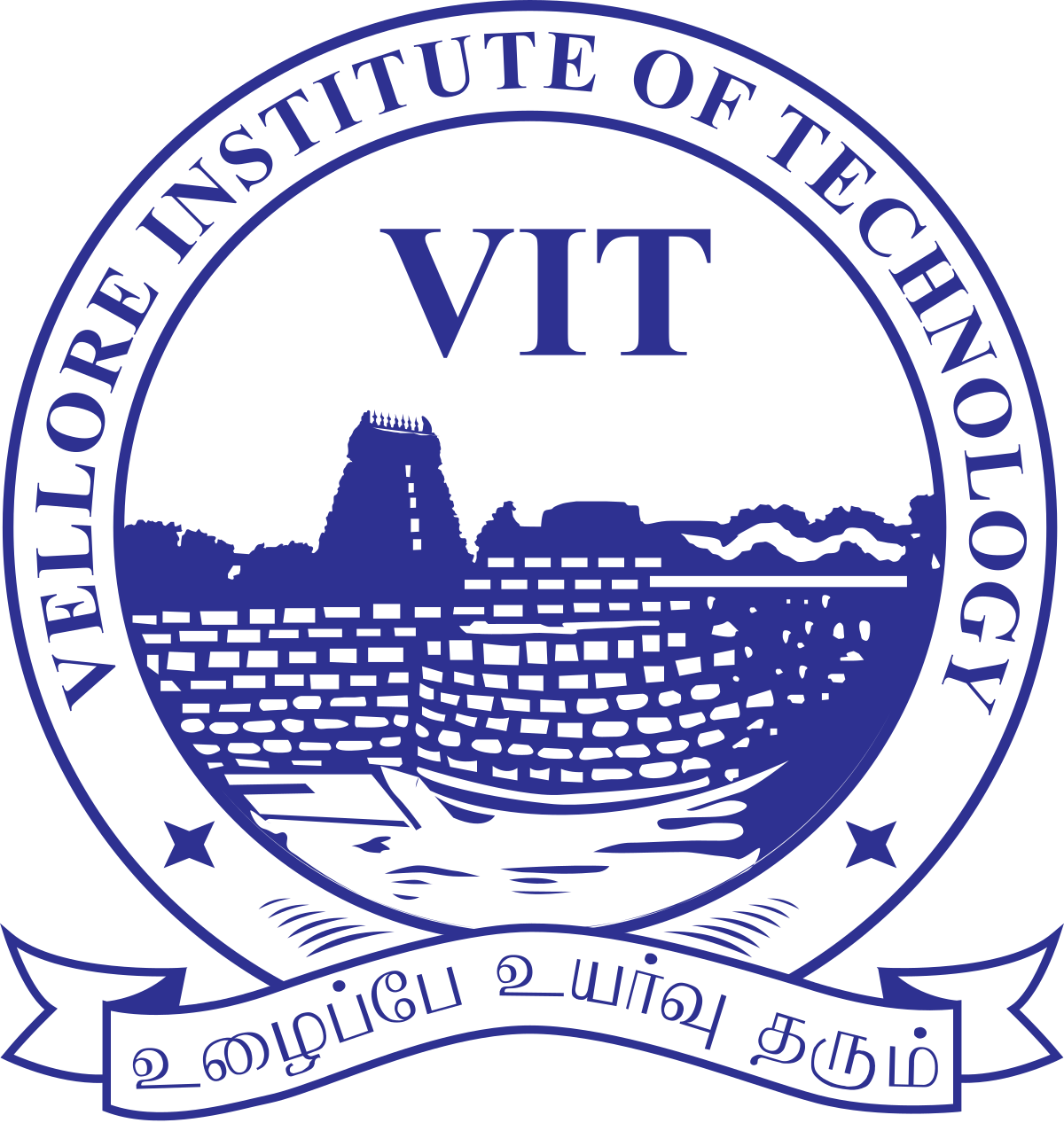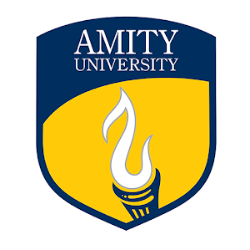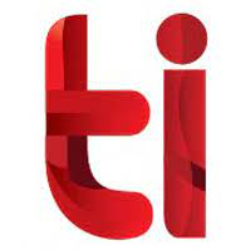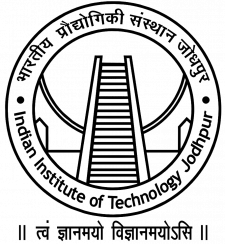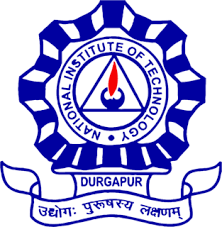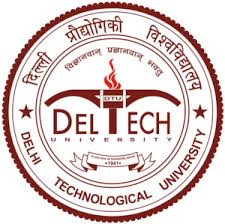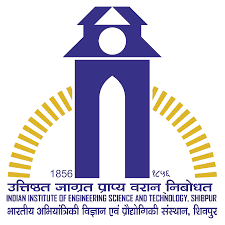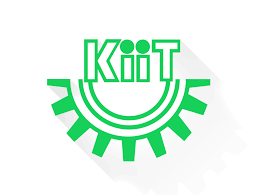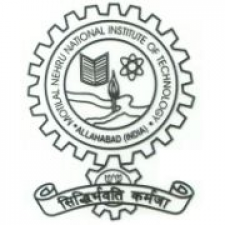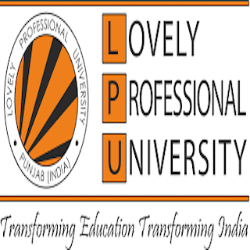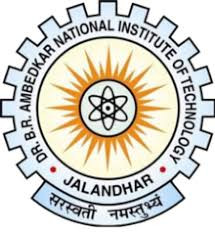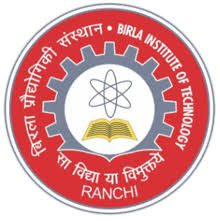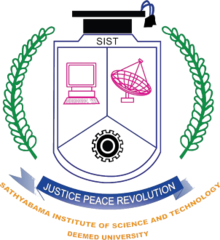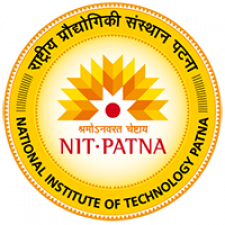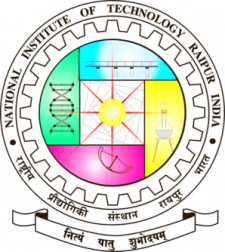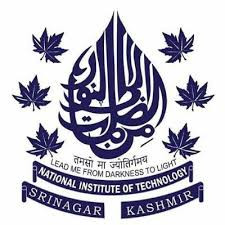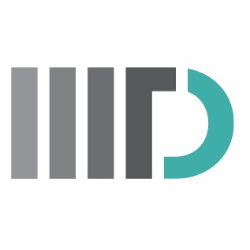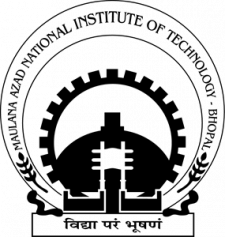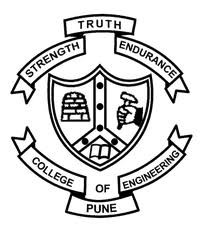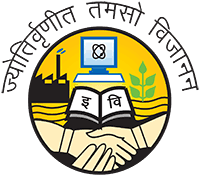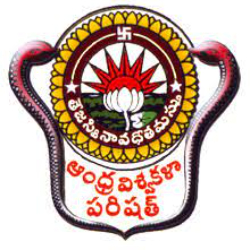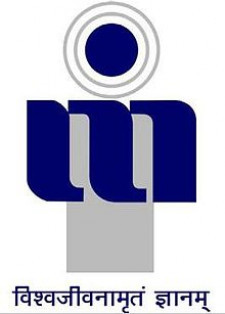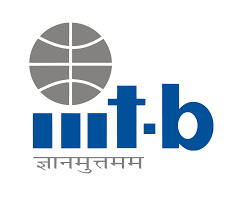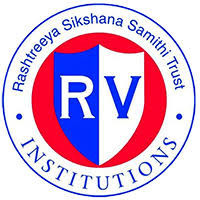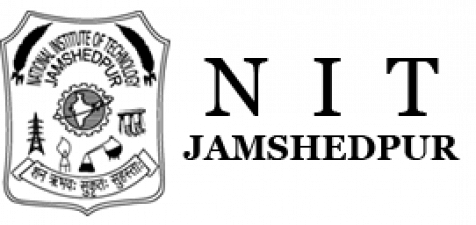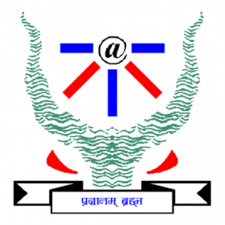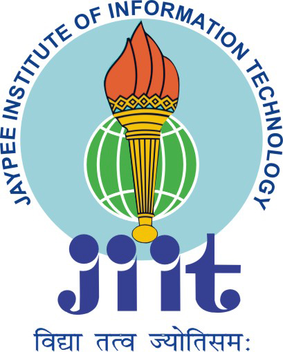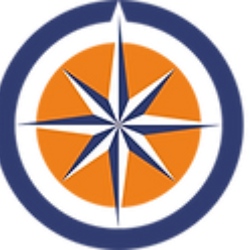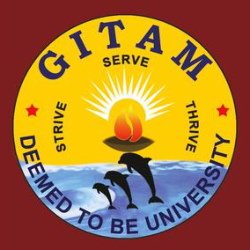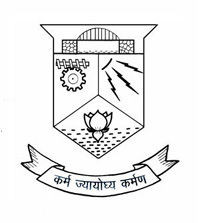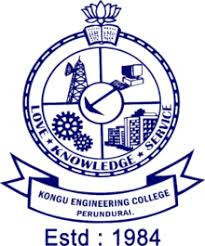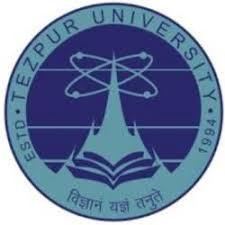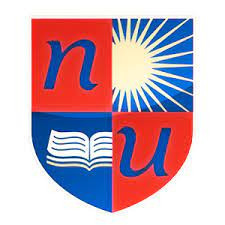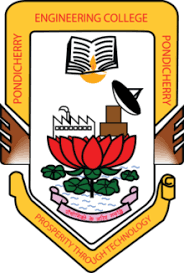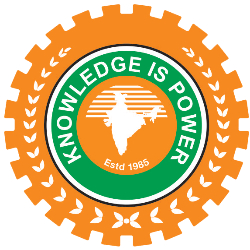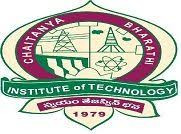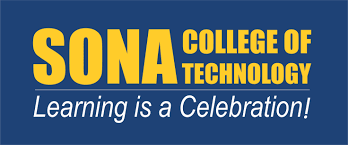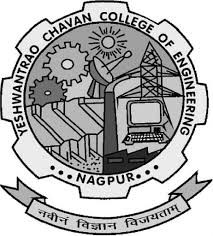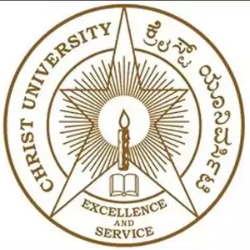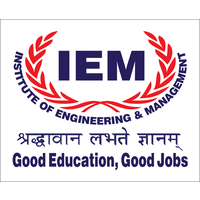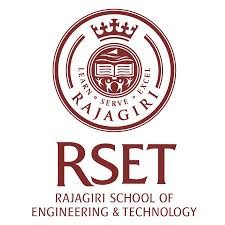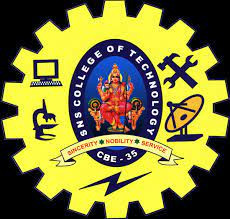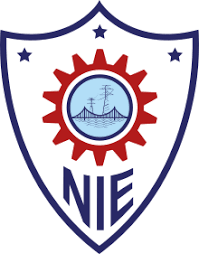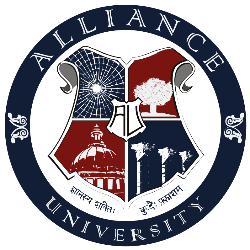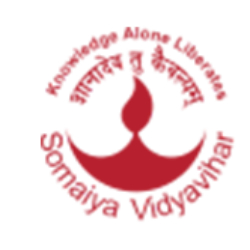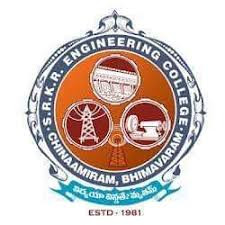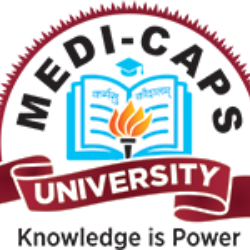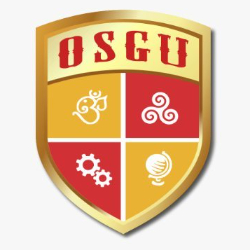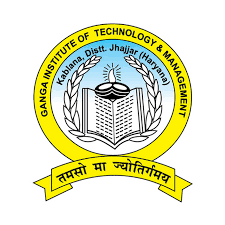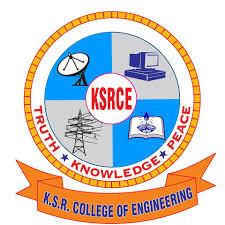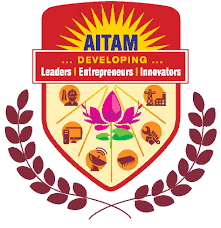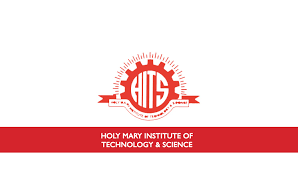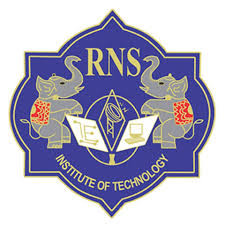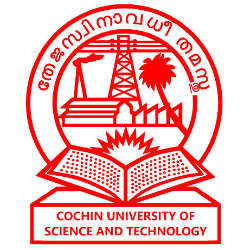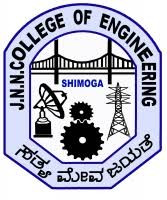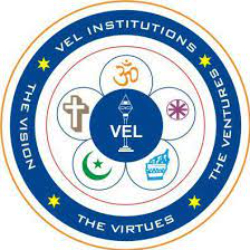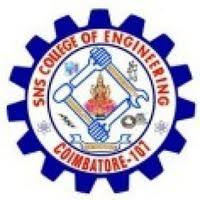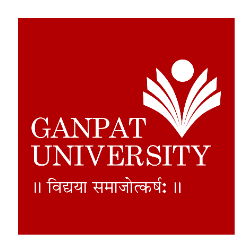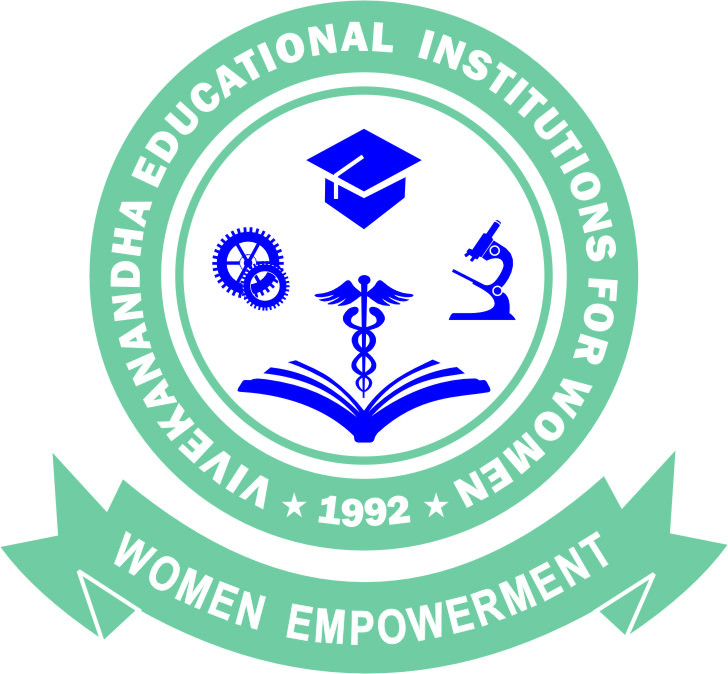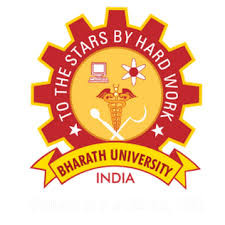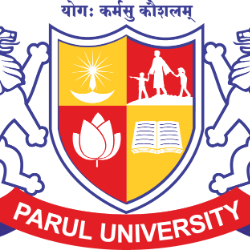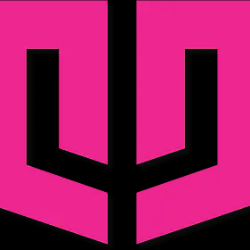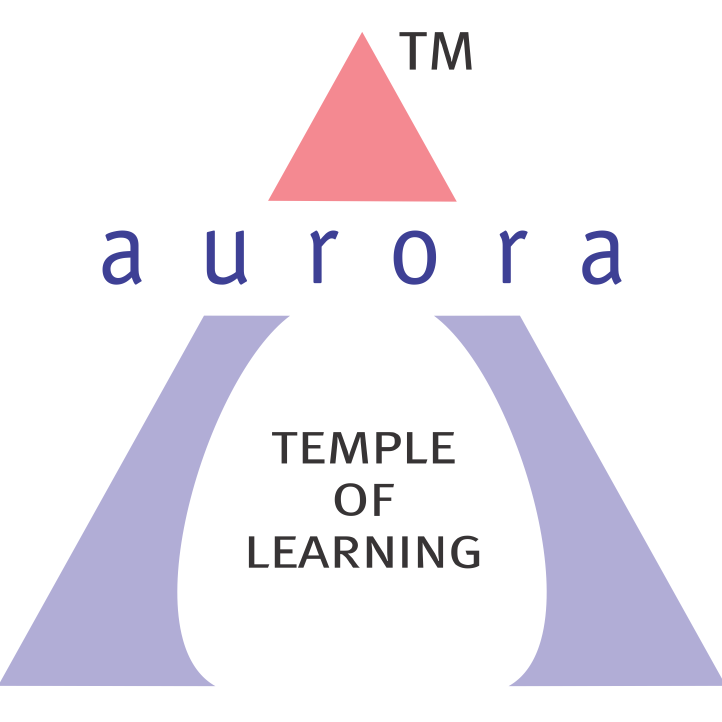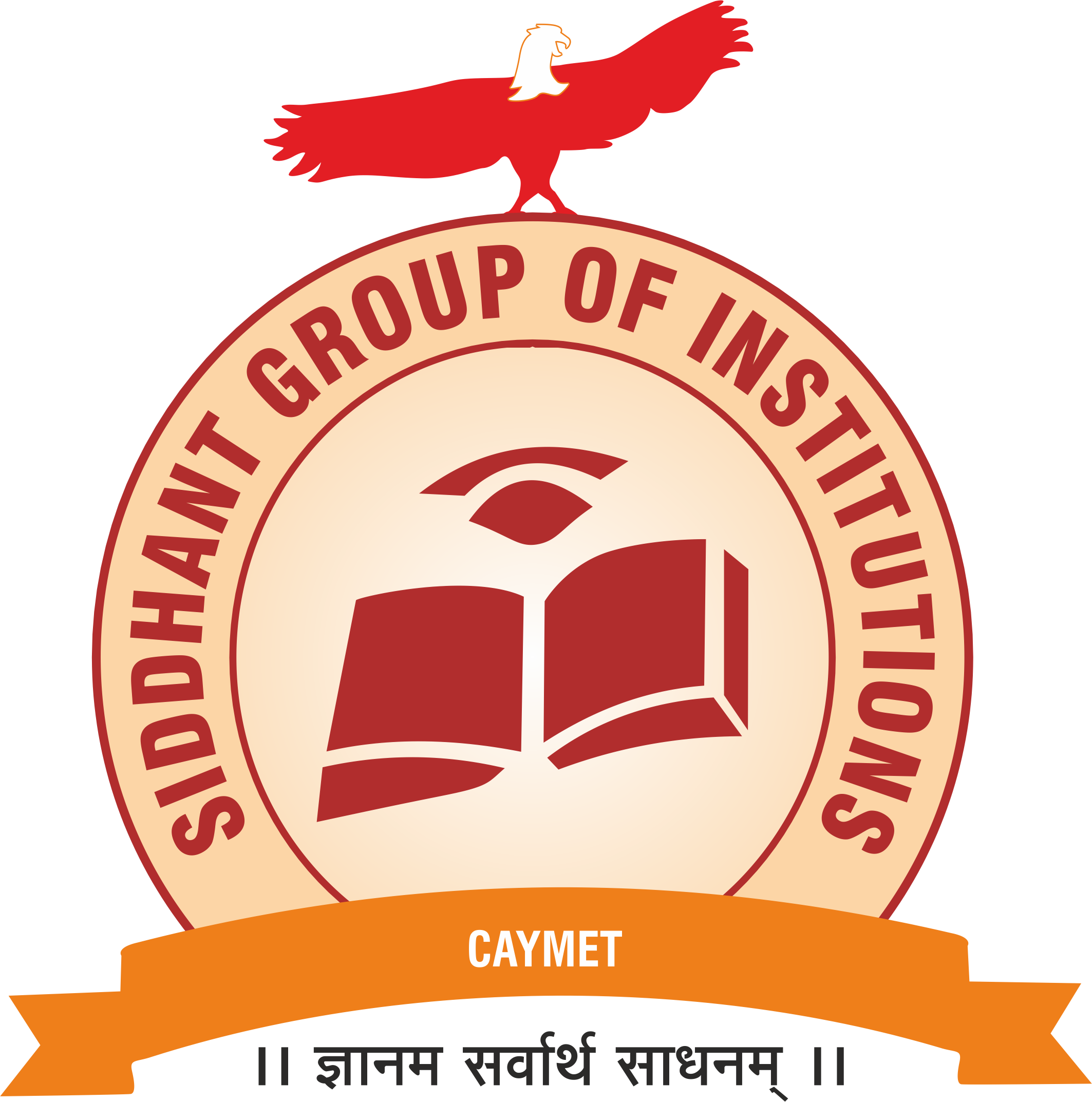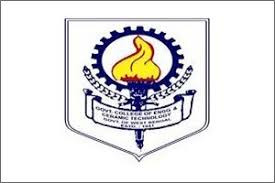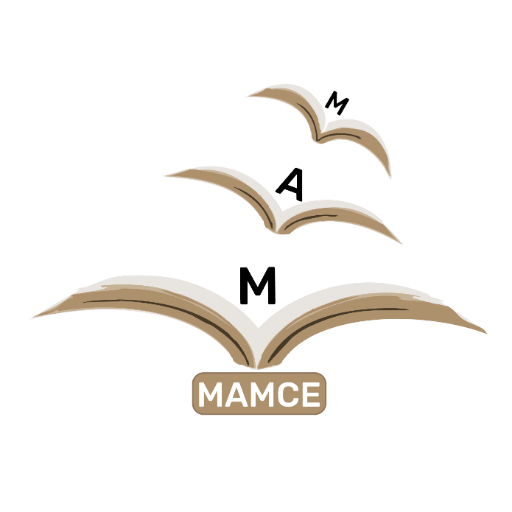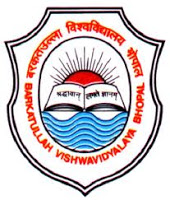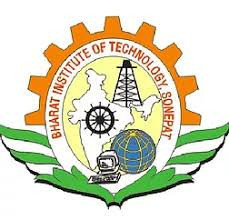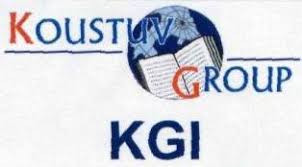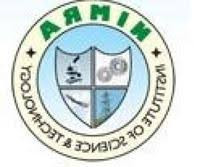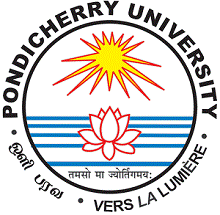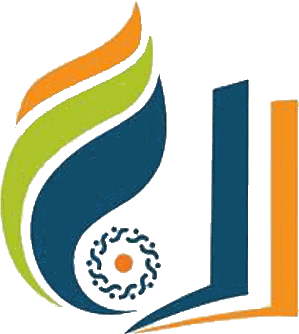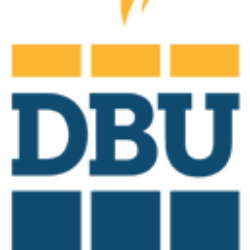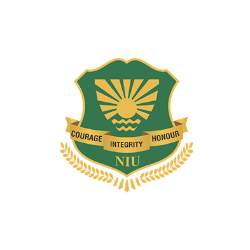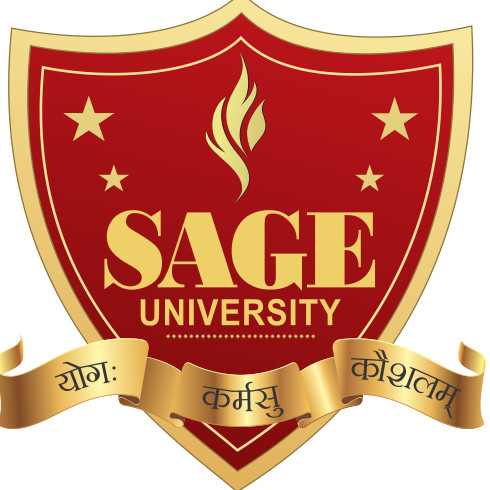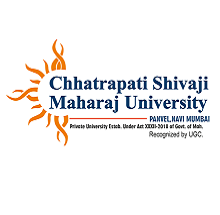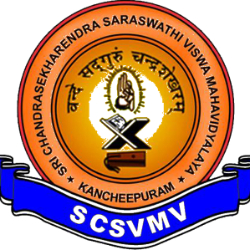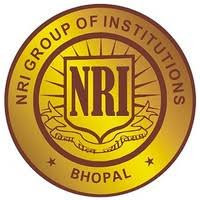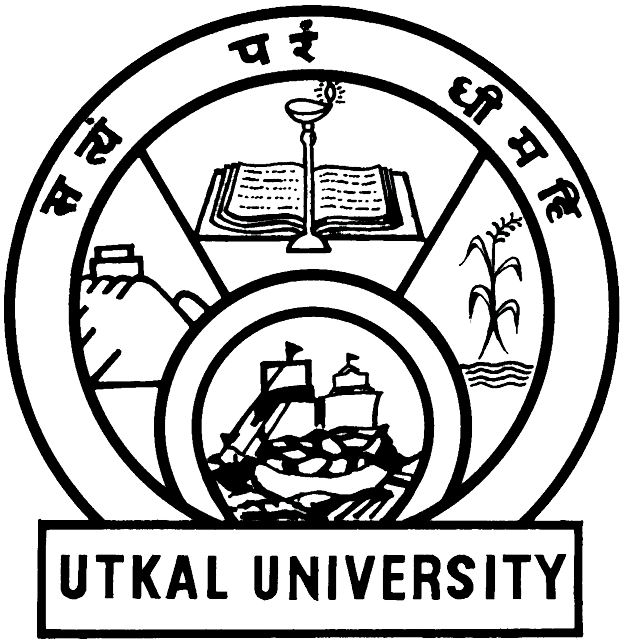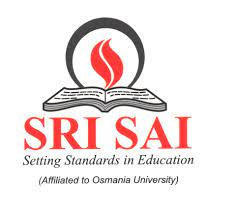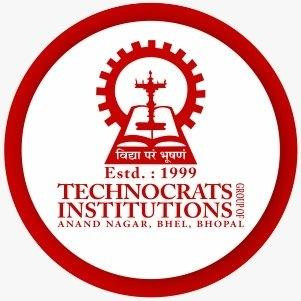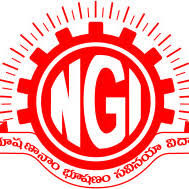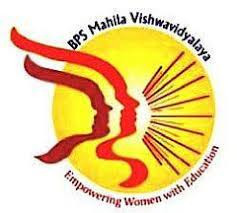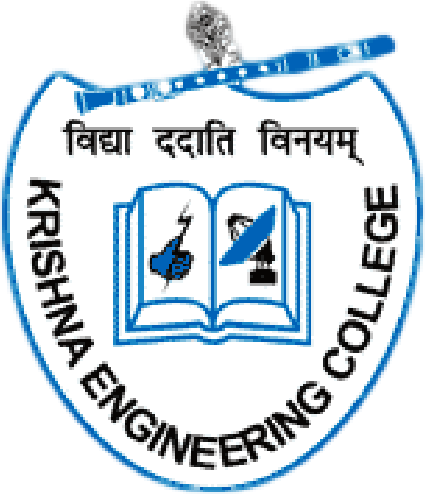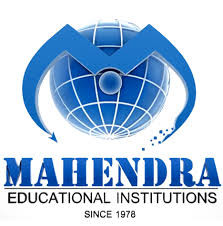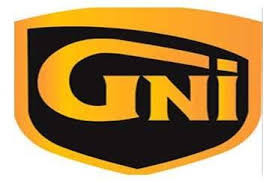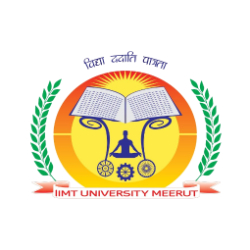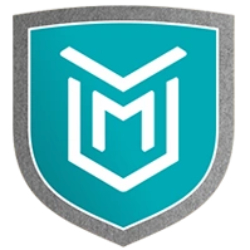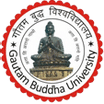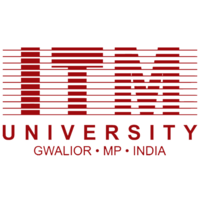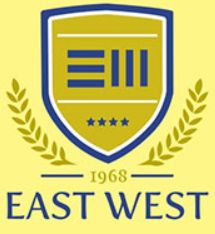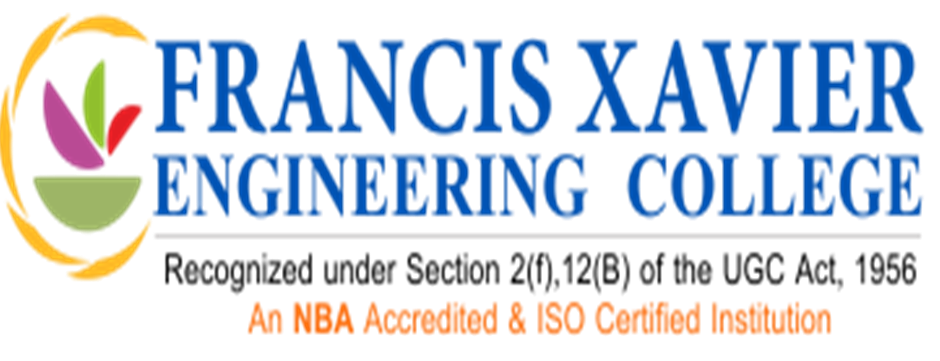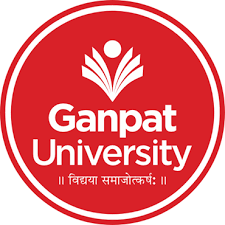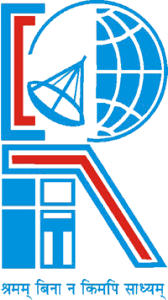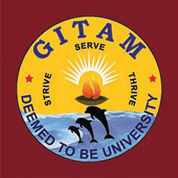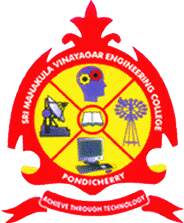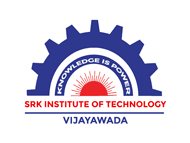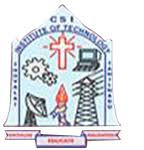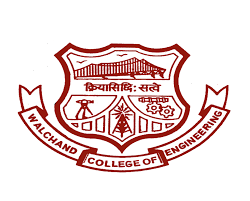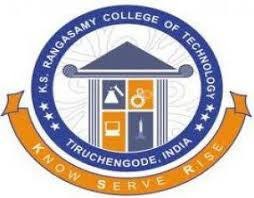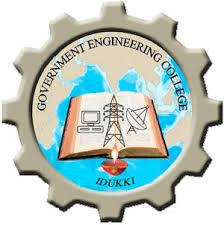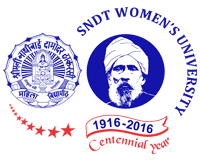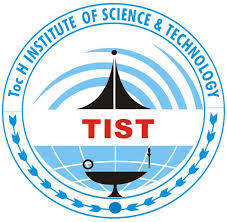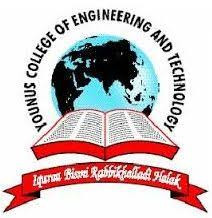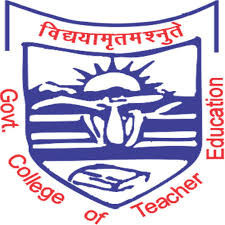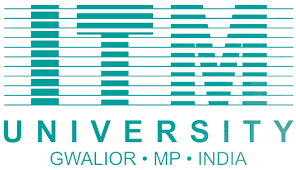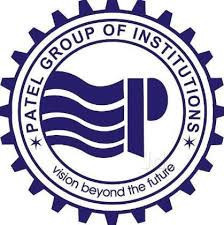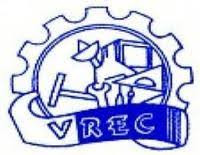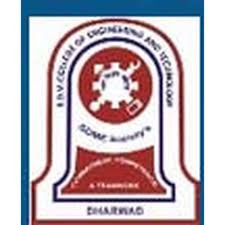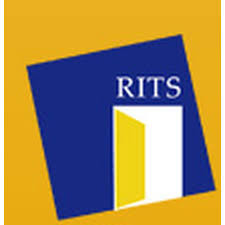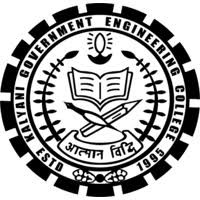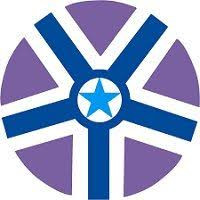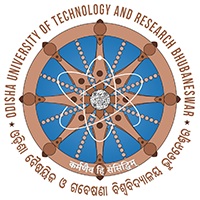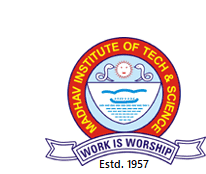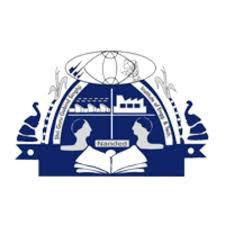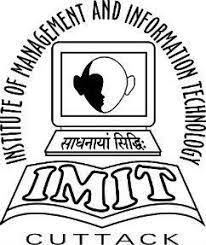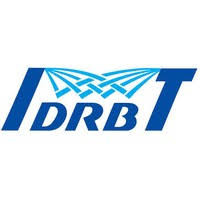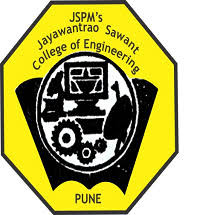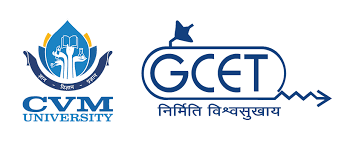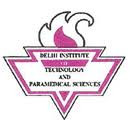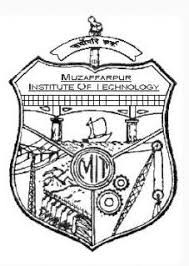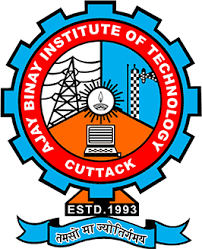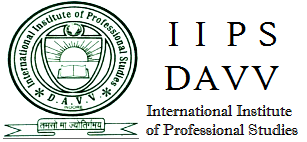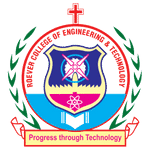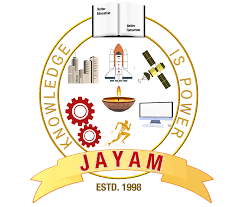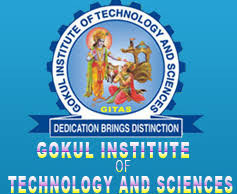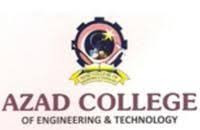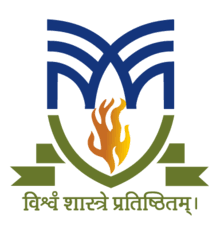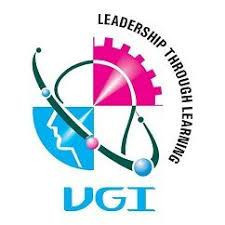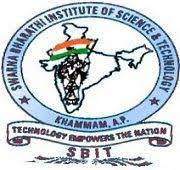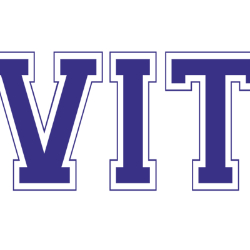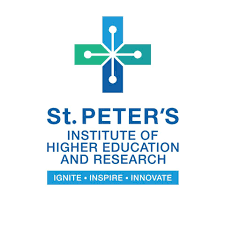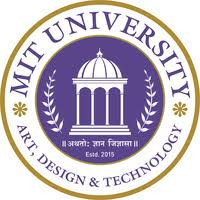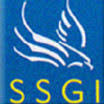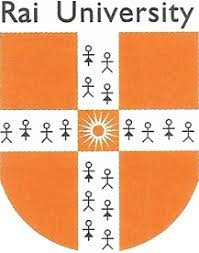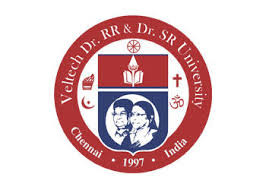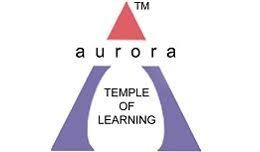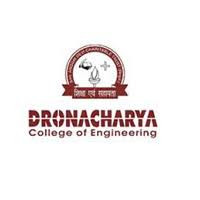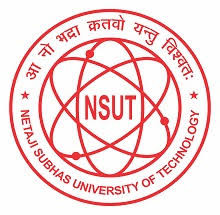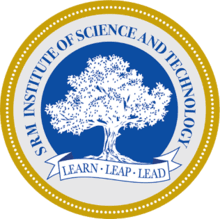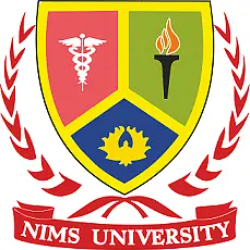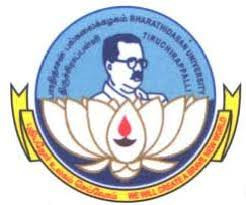Highlights: -
|
Degree Name |
Masters of Technology |
|
Level |
Postgraduate |
|
Duration of the course |
2 years |
|
Eligibility |
Passed B.Tech/B.E or Equivalent with Minimum 50% Aggregate Score |
|
Education mode |
Full-time, Distance. |
|
Admission Process |
Merit as well as Entrance Exams |
|
Entrance Exams |
GATE, JAM, PGECET, AIEEA, State CET, NIT, IPU CET, OJEE, KIITEE, MET, UKSEE, SUAT, TAN CET,etc. |
|
Fees of the course |
Rs 30,000 – Rs 9.00 Lakhs |
Eligibility Criteria: -
- Candidates must complete B.Tech in Information and Technology or equivalent from a recognised university in India.
- They need to get the minimum cut-off that has been set by the preferred college.
- Reserved category candidates will get relaxation as per government and university norms.
- Eligible candidates are required to appear for entrance examinations, such as the GATE, NIT, JAM.
Syllabus for M.Tech in Information and Technology:
The M.Tech in Information and Technology syllabus will vary from college to college, but the course aims and subjects shall remain the same; the subject distribution over the syllabus may differ, but the study matter remains consistent. Nevertheless, candidates should check the official website to know the complete syllabus. Here is a general guide to M.Tech in Information and Technology syllabus design, as commonly followed by Indian colleges:
|
Semester 1 |
Semester 2 |
|
Advanced Engineering Mathematics |
Advanced DBMS |
|
Advanced Computer Architecture |
Distributed Computing System |
|
Real-Time Operating System Laboratory |
Elective - III |
|
Seminar – Based on Literature survey |
Seminar – Term paper Leading to project |
|
Real-Time Operating System |
Advanced Computer Network & Security |
|
Software Engg & Case Tools |
Elective - II |
|
Communication System Lab (IEM) |
Elective PART 1: Java & Web Tech Lab PART 2: Dot Net Lab Advanced Computer Network & Security Lab |
|
Elective - I |
- |
|
Semester 3 |
Semester 4 |
|
Project Management & Entrepreneurship |
Comprehensive Viva Voice |
|
Elective - IV |
Project – Part 2 |
|
Teaching & Research Methodologies |
- |
|
Project – Part 1 |
- |
Next step after M.Tech in Information and Technology: -
If a person wants to do further studies in M.Tech in Information and Technology to improve his/her knowledge and skills than he/she can go for the following courses: -
- Cybersecurity: Certificate programs address Network Security, Encryption, Ethical Hacking, and Security Management, preparing you to work in Digital Asset Security and Cyber Threat Protection.
- Cloud Computing: With the growing use of Cloud Technologies, Certificate Courses in cloud computing provide training in platforms such as AWS, Azure, and Google Cloud, as well as skills in Cloud Architecture, Implementation, and Management.
- Data Science and Big Data Analytics: These certificate programs teach data analysis methodologies, machine learning algorithms, and big data technologies such as Hadoop and Spark, allowing you to gain insights and value from massive datasets.
- Blockchain Technology: Certificate courses in blockchain technology cover the Principles Of Distributed Ledger Systems, Smart Contracts, and Decentralised Apps, delivering functional skills for sectors researching Blockchain applications.
- Internet of Things (IoT): Certificate courses address Sensor Networks, IoT platforms, and Data Analytics for IoT applications, preparing you to work on linked devices and system development and deployment.
- Software Development: Certificate programs in Software Development cover programming languages, Software Engineering principles, and development processes, allowing you to improve your coding abilities and software development knowledge.
- DevOps with continuous integration/deployment (CI/CD): These certificate courses teach DevOps principles, automation technologies, and CI/CD pipelines, allowing you to expedite software development processes and increase deployment efficiency.
- IT Project Management: Certificate programs in IT project management encompass project planning, execution, and monitoring, as well as risk management, stakeholder communication, and agile approaches, which are all necessary for efficiently managing IT projects.
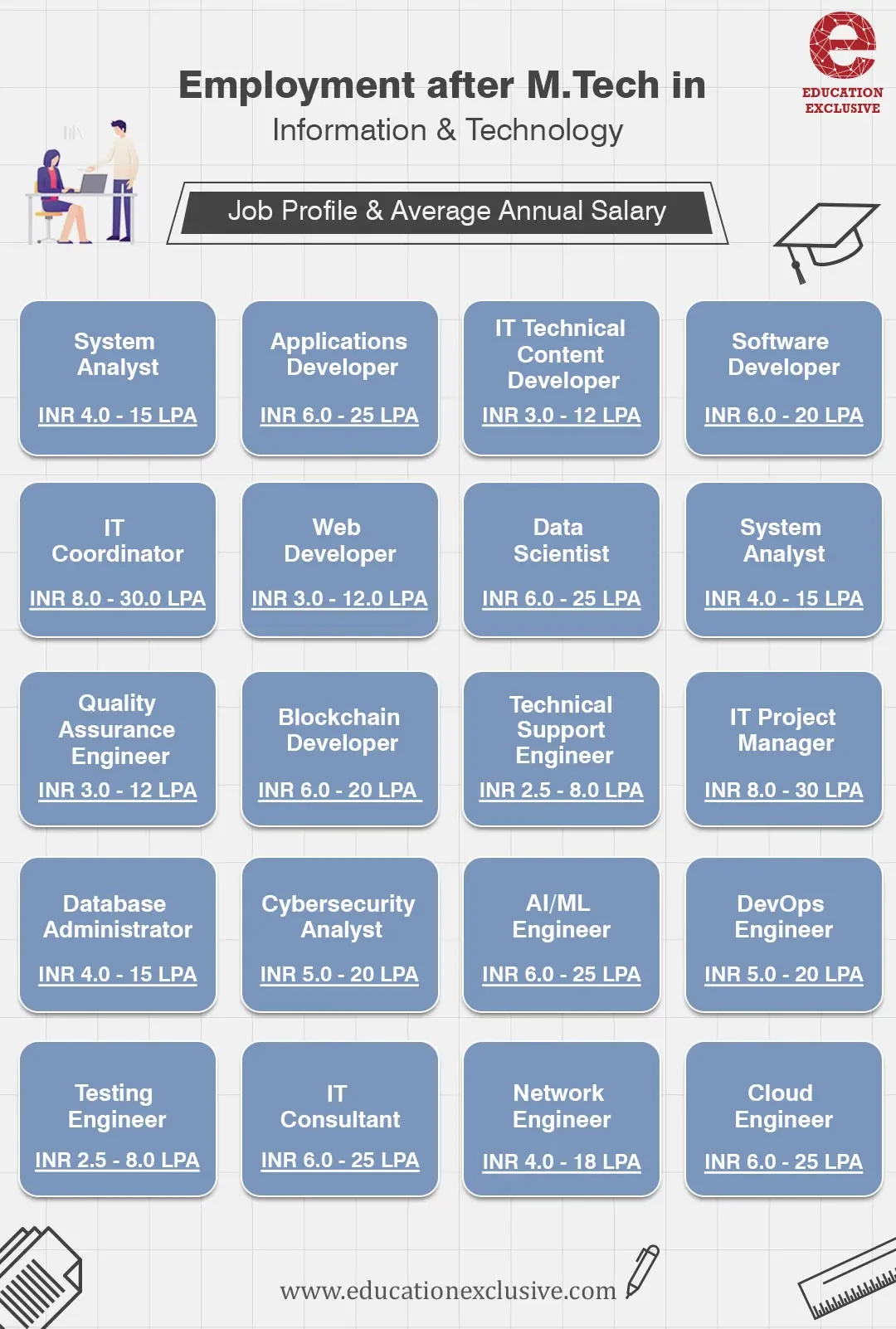
FAQs
- What is the scope of M.Tech in Information Technology?
The students can be employed as a Software Developer, IT Specialist, Quality Analyst, Oracle PL/SQL Developer, Computer Programmer, PHP Developer, Technical Consultant, Network Engineer, etc. in the IT industry. Students can also go for PhD.
- What is the syllabus of M.Tech Information Technology?
Subjects taught in M.Tech IT courses are Computer Fundamentals, Operating System, Communication and Network, Data Warehousing, Data Mining, DBMS, Web Technology, etc.
- What is the average course fee for M.Tech in Information and Technology?
M.Tech in I.T course fee may differ for different universities. The average tuition fee ranges between INR 5,000 - INR 3,00,000.
- What is the scope after M.Tech in Information Technology?
I.T. is a thriving profession for students in India. The I.T. sectors offer thousands of jobs to M.Tech I.T. students every year. Upon completing this course, students may pursue PhDs or Certificate Courses.
- Which branch is better, CSE or I.T., in terms of placements?
Both branches offer placement opportunities that are almost similar to the candidates.
Other specialisations in M.Tech: -
M.Tech in Computer Science, M.Tech in Mechanical Engineering, M.Tech in Civil Engineering, M.Tech in Electrical Engineering, M.Tech in Chemical Engineering, M.Tech in Automobile Engineering, M.Tech in Aeronautical Engineering, M.Tech in Nanotechnology Engineering, M.Tech in Petroleum Engineering, M.Tech in Instrumentation Engineering.


